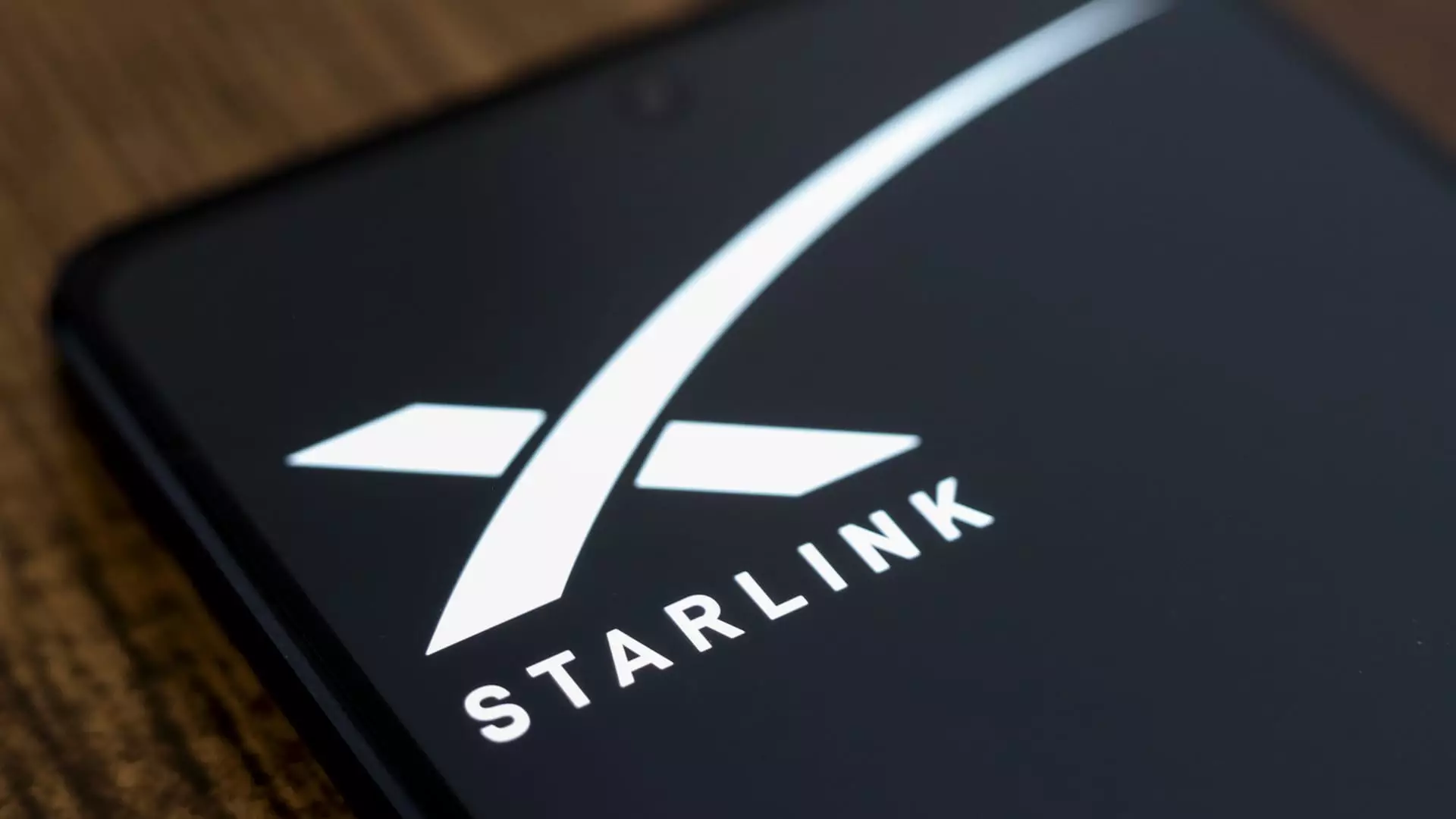Starlink, the satellite internet service launched by SpaceX, has made headlines in Brazil for its decision to block the social network X in the country. This move comes as a strategic measure to ensure the continuity of Starlink’s operations without risking the loss of its license. The decision to block X, which is also owned by Elon Musk, comes in the wake of Brazil’s supreme court ruling to ban the social network due to its failure to comply with court orders and pay fines. X’s refusal to suspend accounts posting content that aimed to harm democratic institutions in Brazil, especially in the lead-up to the municipal elections, sealed its fate.
Brazil’s top justice, Alexandre De Moraes, viewed Musk’s two companies, Starlink and X, as working together to defy the court’s authority. One of the takedown requests involved the account of Senator do Val, who is embroiled in investigations regarding possible plots against the government. Despite the court’s orders and federal regulations, X also failed to appoint a legal representative in the country. Critics of De Moraes argue that his actions represent an overreach in controlling online speech and social networks, prompting a clash with tech mogul Elon Musk.
Musk’s Bold Statements
Elon Musk’s public feud with the Brazilian government has been escalating, with the SpaceX CEO openly criticizing De Moraes and the administration. Musk’s characterization of De Moraes as a “criminal,” likening him to well-known villains like Darth Vader and Voldemort, has sparked controversy. The tech billionaire has called for De Moraes’ impeachment, alleging that his orders amount to illegal censorship. Musk’s support for Brazil’s former president Jair Bolsonaro and his promises of retribution against De Moraes and President Luiz Inacio Lula da Silva have added fuel to the fire.
Implications for Starlink Customers
With approximately 250,000 Starlink customers in Brazil, the decision to block X has implications for users who rely on the satellite internet service. Starlink’s competitors in the country, including Hughesnet, Viasat, and Telebras, may see an opportunity to gain market share amidst the ongoing dispute. The clash between Musk and the Brazilian government raises concerns about the impact on consumer choice and access to online platforms.
The clash between Musk and the Brazilian government has drawn international attention, with President Lula expressing hope that the controversy surrounding X’s suspension would highlight the need to resist far-right influences. Musk’s provocative statements and threats of retaliation have raised eyebrows globally, leading to questions about the role of tech titans in shaping political discourse. As the legal battles and power struggles continue, the stakes remain high for both Starlink and X in Brazil.


Leave a Reply